It’s time to Wake Up!
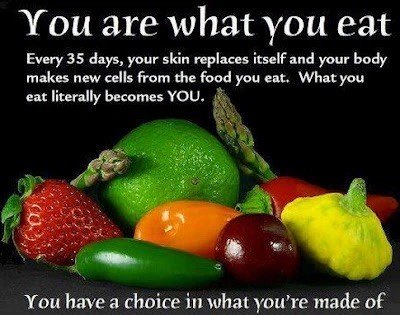
We need to see whats going on.
Well I think its safe to say that its about time! Its about time we start holding the food companies accountable. Its about time we go after these companies for poisoning us over time. Just to save money.That should piss you off too! You should want to know that what your buying and spending your money on isn’t poisonous or toxic for your body. If it doesn’t bother I think its time you wake up. Wake up to caring about what your putting into your body. Get rid of the excuses about I don’t have time. Or I’m too tired. I’m also talking about taking time to read the labels of what your buying. Once you’ve read it once or twice you’ll know more so what to look out for. We need to get out of this lazy mentality of ignoring the facts and just going by what’s easiest. Too much convenience makes us lazy. This is coming from a place of love though. Not being judgmental at all. Don’t forget i’ve been overweight in my day. So i knew how to eat lol. I too just ate whatever for years. But my body paid for it. Until I made a decision to wake up. So i’m not here to judge. I’m here to educate and help you create a better life for yourself. Thats my main desire of doing all this. Is to help educate and do my part to make the world and people better however that happens.
Ok now that I got that off my chest. Its time for us to learn some truths and hard facts to whats going on.We are FINALLY starting to see people holding these companies accountable. They have factually been lying on labels or shortcutting the food on purpose to save money or to make us crave it more. So if you aren’t really sure what to look for on a label. I’m going to show you a few items in the ingredients label to watch out for. Many processed foods contain hidden toxins that have been linked to inflammation, hormonal imbalances in both males and females, gut disturbances, metabolic disorders, ADHD, autism, mental/emotional disorders.Even chronic diseases like diabetes, heart disease, and cancer.
GRAS
- What does that mean.The GRAS (Generally Recognized as Safe) label does not guarantee at all that an ingredient is truly safe.It simply means that it has not yet been proven harmful.
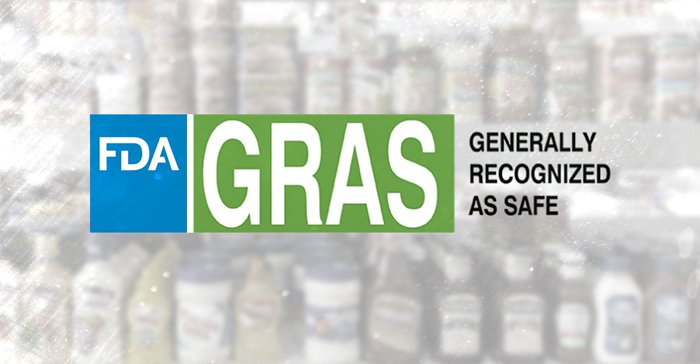
The GRAS designation means that a substance is presumed safe based on expert consensus or prior use.It does not require extensive independent research or long-term studies before being added to food.
So in many cases:
Cumulative exposure is ignored—even if an additive is “safe” in small amounts, frequent consumption across multiple products can be harmful.
Companies self-certify their own ingredients as GRAS without FDA oversight.
Limited testing is done on human health impacts, especially long-term effects.
Examples of Harmful GRAS-Approved Additives
- Artificial Sweeteners (Aspartame, Sucralose)
- Preservatives (BHA, BHT, Sodium Benzoate)
- Emulsifiers & Thickeners
- Artificial Colors
Seed Oils
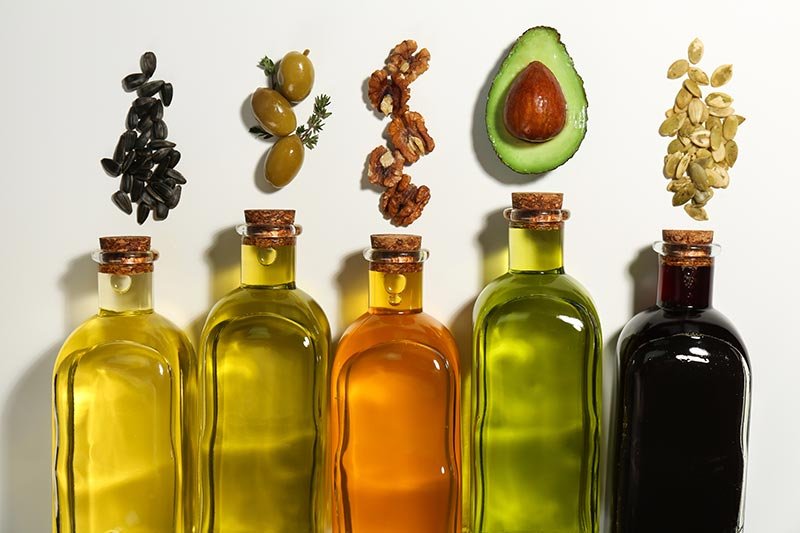
- What are some potential risks of seed oils.Some seed oils would be high in vitamin E and phenols, if not for the refining process itself. But they’re typically very processed to help with taste, color and shelf life.Seed oils are chemically processed, which may include cleaning, pressing, bleaching, deodorizing, refining and, in some cases, adding a chemical solvent hexane for the oil to be extracted.The eight industrial toxic seed oils are Canola, Corn, Cottonseed, Soy, Sunflower, Safflower, Grapeseed, and Rice bran.
- Omega-6s are found in oils such as corn, safflower, sunflower, soy and vegetable and products made with those oils. Excess consumption of omega-6s can trigger the body to produce pro-inflammatory chemicals.
- There are big main problems with industrial seed oils, all of which play a significant role in chronic inflammatory diseases.
- The consumption of industrial seed oils represents an evolutionary mismatch.
- Eating industrial seed oils raises our omega-6-to-omega-3 fatty acid ratios, with significant consequences for our health.
- Industrial seed oils are unstable and oxidize easily.
- They contain harmful additives.
- They’re derived from genetically modified crops.
- Industrial seed Oils are far from Healthy. A number of chronic inflammatory diseases have been linked to all kinds of health problems like.
- Asthma
- Autoimmune disease
- Cognitive and mental health issues such as depression, anxiety, cognitive decline, dementia, and even Alzheimer’s disease.
- Diabetes and obesity
- Heart disease (they are far from being heart healthy!)
- Gut health issues such as irritable bowel syndrome (IBD) and inflammatory bowel disease (IBS)
- Inflammation
- Infertility
- Macular degeneration
- Osteoarthritis
- We needed to really get a good grasp on the I feel. So if this portion feels overwhelming. Then at least take away this part from all this on seed oils. I would encourage you to get rid of all vegetable oils from your kitchen. Replace them with saturated fats for cooking and extra virgin olive and avocado oil for dressing.
Red DYE No. 3
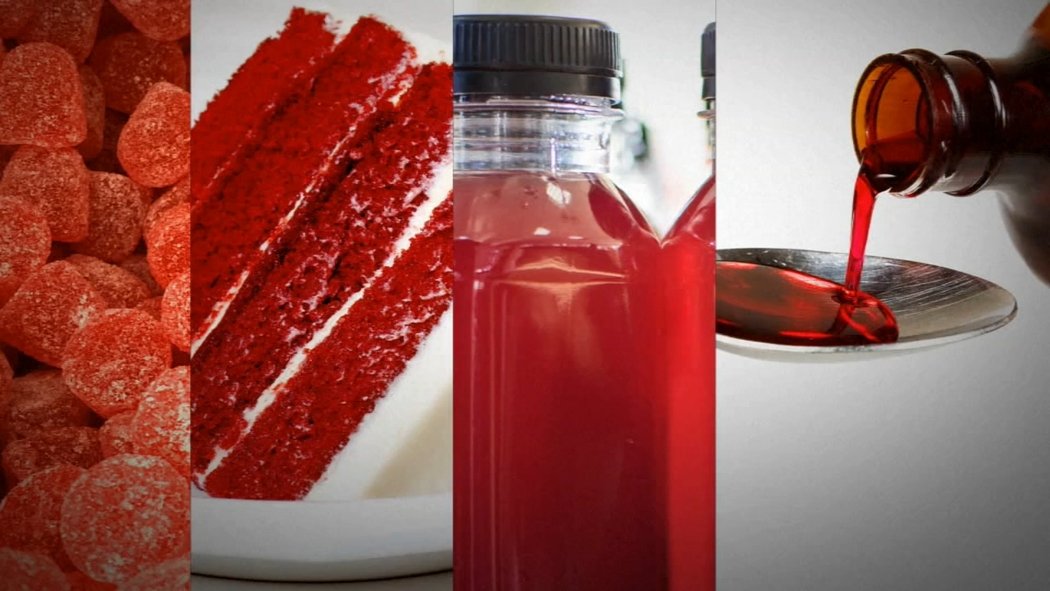
- Artificial food dyes are so prevalent these days, we may not even think twice when we open a brightly colored sports drink or eat a handful of candy that includes every color of the rainbow. Most artificial food dyes, including red dye no. 3, are made from petroleum.
- Synthetic food dyes are used to add or enhance color but have zero nutritional value and do not affect the flavor of food.
- According to the FDA, high doses of red dye no. 3 have been linked to cancer in male lab rats. While there is no conclusive evidence that typical human consumption poses an increased cancer risk, the ban complies with the Delaney Clause, a law which mandates that any additives shown to cause cancer in humans or animals cannot be used in food products.
Potassium Bromate

- Added to flour used in many packaged baked goods, may cause cancer in humans.
- Several countries even ban potassium bromate. Including Brazil, Canada, the European Union and the United Kingdom. California also bans it, and Utah bans it in school meals.
- Despite health concerns, it’s legal for use in the rest of the U.S., and the Food and Drug Administration hasn’t reviewed it since at least 1973. Pretty crazy right!
- But the food industry has argued that potassium bromate isn’t a concern in baked products. Why because in theory the baking process fully converts it into potassium bromide. Which is similar but does not cause cancer. But tests in the U.K. found that potassium bromate remains detectable after baking, with all six unwrapped breads and seven out of 22 packaged breads tested found to have measurable levels.
Sodium Benzoate
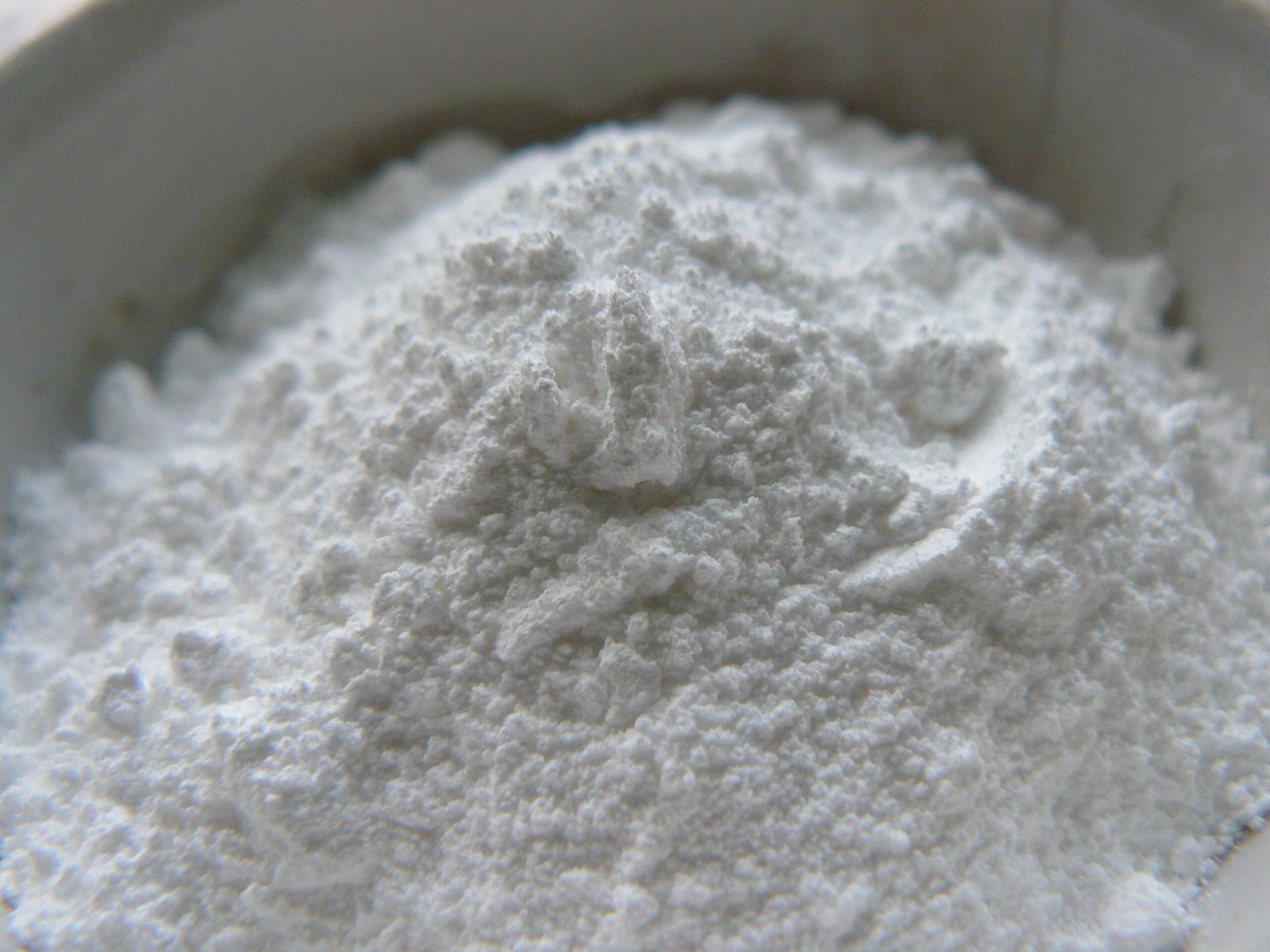
- It is a preservative. Found in fruit juices, fermented foods, sauces and some pancake syrups.
- This food chemical has been linked to a variety of health harms. Including damage to DNA, hormone disruption and reduced fertility.
- Another problem occurs when sodium benzoate is used in beverages that also contain ascorbic acid (vitamin C) or erythorbic acid (also known as d-ascorbic acid). The two substances, in an acidic solution, can react together to form small amounts of benzene, a chemical that causes leukemia and other cancers.
- Even though the amounts of benzene that form are small. Leading to only a very small risk of cancer, there is no need for consumers to experience any risk at all.
The Packaging
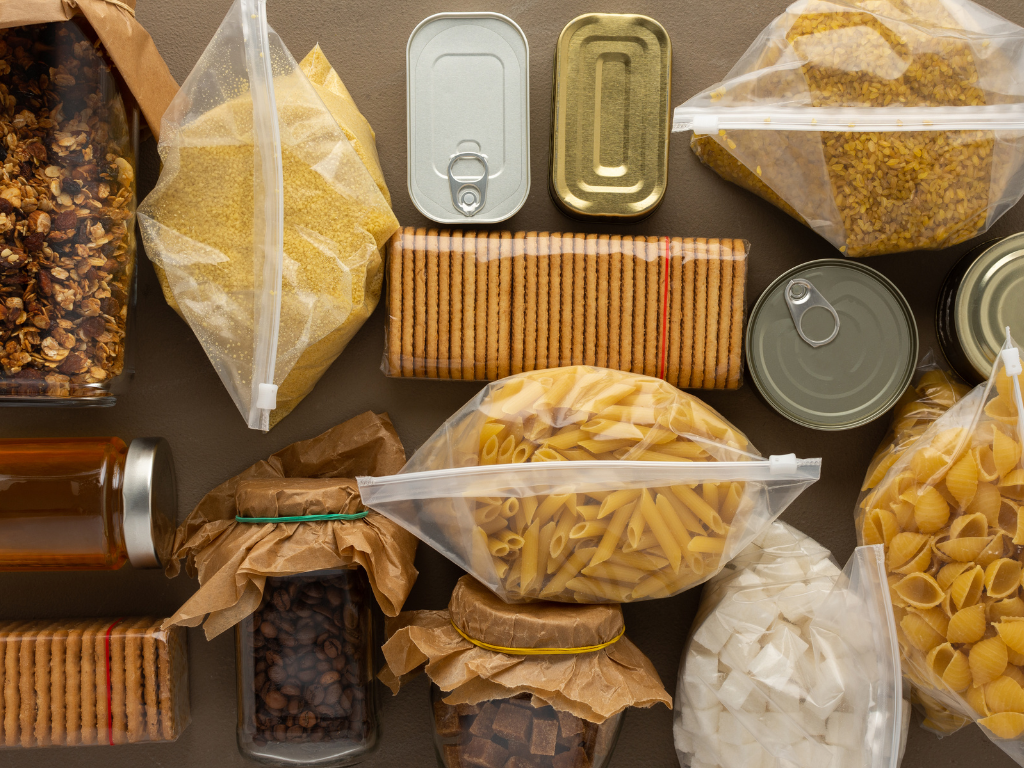
- Scientists just figured out exactly how many chemicals enter our bodies from food packaging. The number is crazy.
- Researchers from Switzerland and other countries discovered that of the roughly 14,000 known chemicals in food packaging.
- Here is a crazy number I found out. 3,601 or about 25 percent. Have been found in the human body, whether in samples of blood, hair or breast milk.
- Those chemicals include metals, volatile organic compounds, per- and polyfluoroalkyl substances or PFAS. Phthalates and many others known to disrupt the endocrine system and cause cancer or other diseases. The study, published in the Journal of Exposure Science and Environmental Epidemiology, didn’t directly examine the link to these illnesses. But the researchers say their inventory of chemicals can help future research into health risks.
- But here is an article written by The Golden West Packaging Group on the safest packaging for food.
- https://goldenwestpackaging.com/wp/what-are-the-best-types-of-packaging-for-perishables/
Lets take a look at a great video to really simplify and grasp a better understanding of what we are discussing.
Ok Lets come to a close.
Well I think we’ve gathered enough information. To where we can say we know enough now to be awake. Its time to either further educate yourself now and take action or you can choose to not. That is your free will choice to make. But before you make that decision. Think about everyone around you. Think of your family or potential future family. Think about those closest friends that would do anything for you or you for them. Don’t you want to live your best life, with the best people? This article and the topic of food isn’t just some great educational piece to read. It’s a doorway to change your whole life. So live on my friend! Talk Soon!
One response to “What they aren’t Telling Us.”
-
The prose evokes a quiet intimacy, as though the reader is being spoken to directly in a space of trust and calm. This intimacy amplifies the text’s resonance.
Leave a Reply